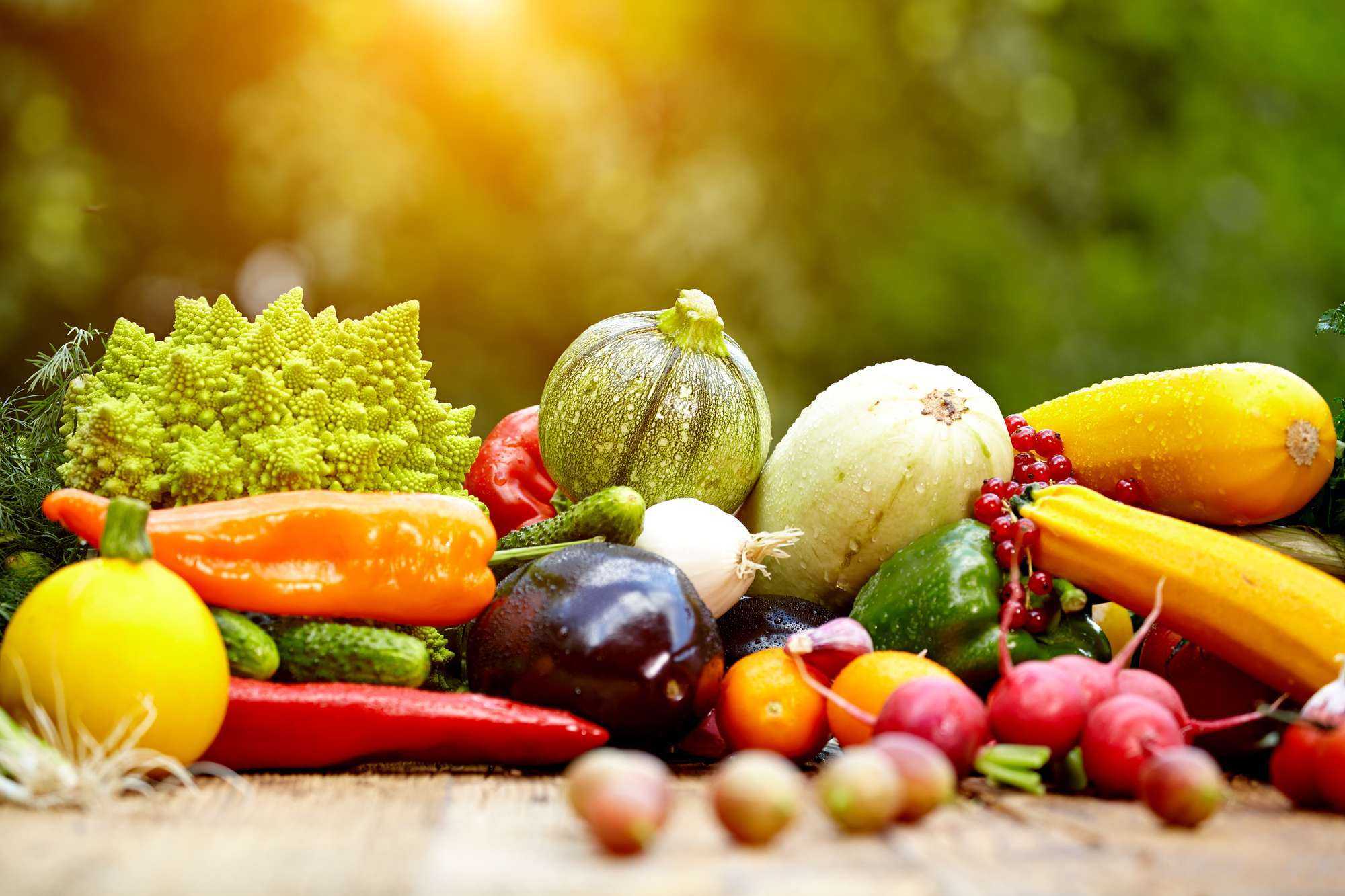BY JANIECE CAMPBELL
Jennifer Forde, a single mother of two from Scarborough, was getting tired of the ‘food desert’ that her community became. Alike many other neighbours in the Malvern community, it was disheartening to see a lack of fresh foods and variety within the grocery stores.
This prompted her to develop the Malvern Farmer’s Market (which has now evolved into the Scarborough Farmer’s Market) in 2018. She brought a new clean-eating experience to the community, but this wasn’t her first rodeo in the food market industry.
Long before becoming an event manager for the Nathan Philip Square Food Market in 2017, her career plans actually had nothing to do with management. After achieving a degree in broadcast television and receiving a prestigious reporting job offer, Forde made the decision to move on from that career path.
“I was a single mom and the hours were not conducive to a single mom. I needed to be on a 9-5 to match my son’s schedule. I regretfully left that offer and worked a few years within the government. I was told by an employment councillor that I had a lot of transferrable skills from television and events.”
Thus, she ventured into developing markets and today, she works alongside business partner Margaret Antoine to manage both Scarborough and Courtyard Farmer’s Markets. Their mission was simple; “to bring nutrient-dense, fairly-priced, culturally appropriate, fresh fruits, vegetables, and food & lifestyle products to the people of Scarborough,” said Forde.
From offering scotch bonnet peppers to callaloo, Forde aimed to have vendors cohesive with her ethno-cultural vision.
“I wanted to bring affordable food to the diverse population of the city, especially from the African diaspora. We’re proud to say that about 70% of our vendors are women-led enterprises. Another 65% are people of colour. For us, it’s really all about bringing good food to good people,” she says.
Typically, the seasonal markets tend to take place usually from May to October. Due to the COVID-19 pandemic, Forde and her team have decided to offer a new way to get your groceries.
Through their partnership with FreshBuy, they have made an easy move from a brick and mortar setting to the palm of your hands! Through the online platform, it’s a breeze to check off that grocery list while receiving curbside pick-up at one of the five locations offered in Toronto. One quick scroll through the websites will leave you dazed by the plethora of food options such as baked goods, assorted fruits and even natural dog treats!
But, why should you buy from farmer’s markets? There’s an ordinary supermarket just down the street, right?
Well, Forde says it’s a matter of supporting local produce.
“For starters, to even be considered a farmer’s market, 51% of the market has to be locally sourced food. The food in our markets have less travel miles, meaning it’s a lot fresher. You’re giving back to the community and local economy by keeping the money closer to home, rather than it going into the hands of big corporations,” she says.
She continues.
“I think the biggest problem with farmer’s markets is that people see them as being more expensive, in which they can be, but we need to lose that ideology. Look, as a single parent, it’s not like I have money to spare. But when you buy from a market, not only can you see where the food is coming from, but there are no preservatives or pesticides. I think that’s what makes it worth it. “
As for the future of markets, Forde says she wants to see a much bigger type of expansion for people of the Afro-Caribbean diaspora in her community.
“My long-term goal is to actually band together get some land and buy property together. I want us to move as a unit together and buy property to grow our own food. As a community, we need to pool our resources and be in command of our own destiny,” she says. “We need to stop looking to other people to validate us, because we can do it on our own. Certain barriers and institutional blockages need to be addressed such as access to income and assistance, so we are able to compete in the marketplace fairly. Once we got that done, then the sky is the limit!”
You can support homegrown food and family-led farms by checking out the online markets at scarboroughfarmersmarket.ca and courtyardfarmersmkt.ca.

